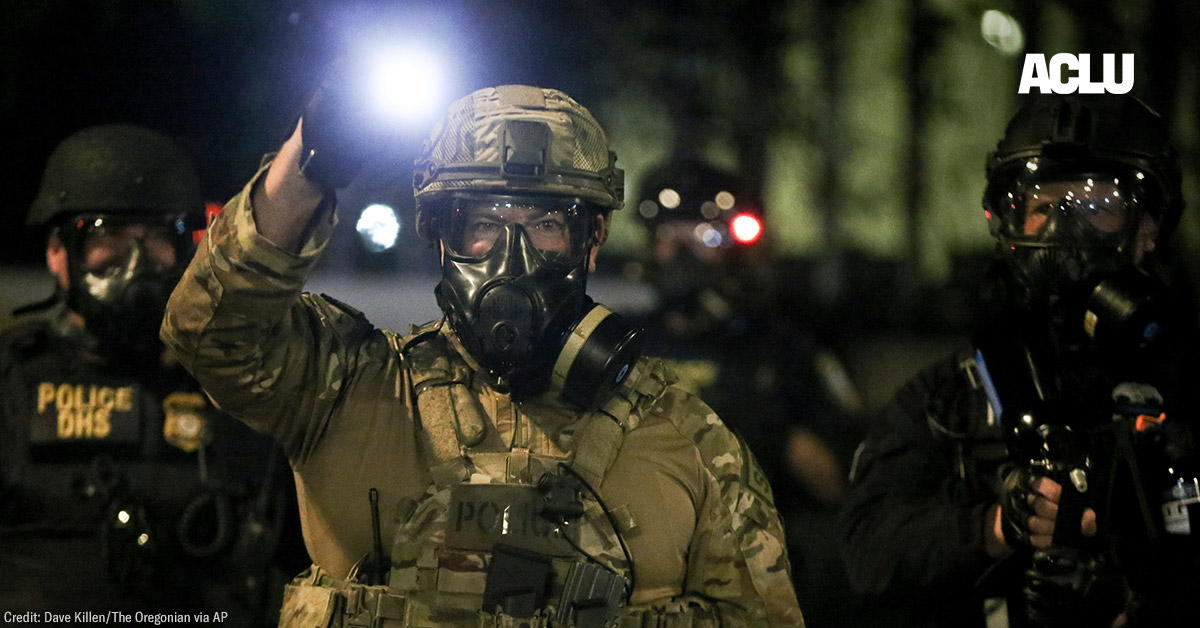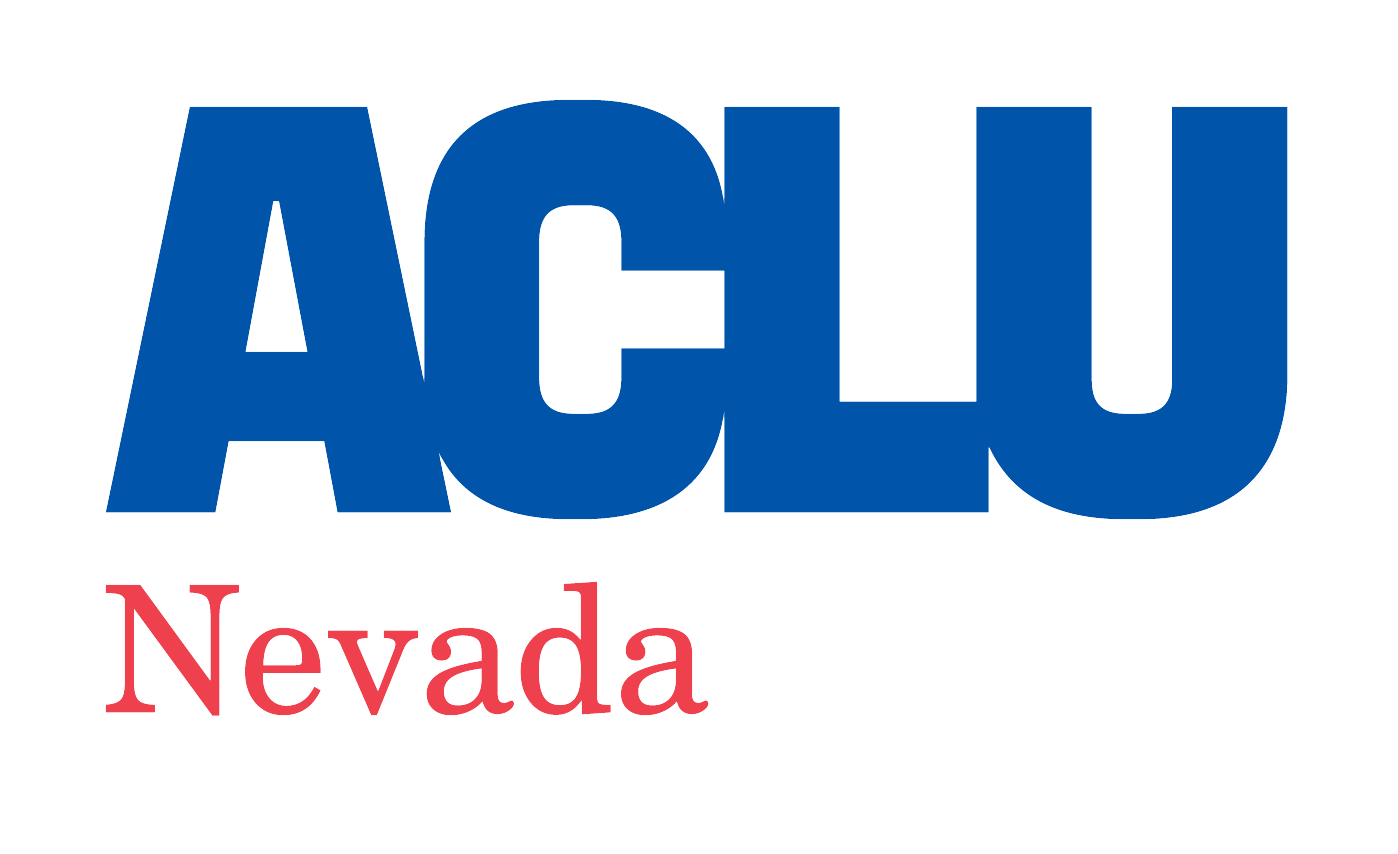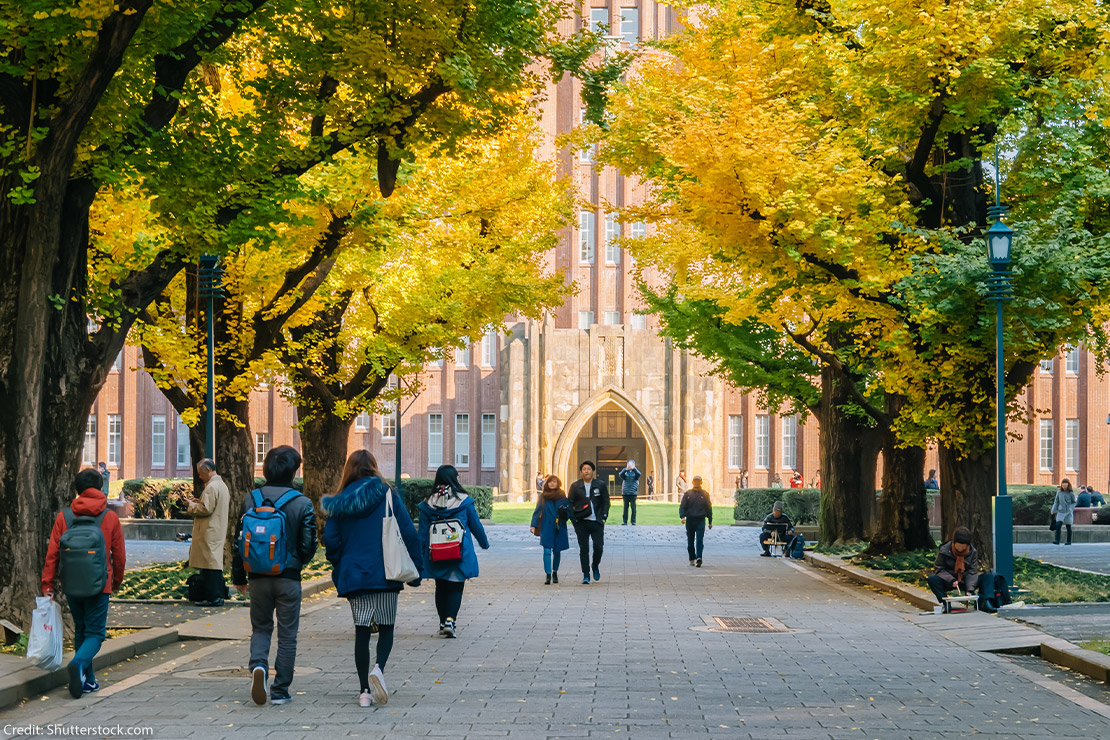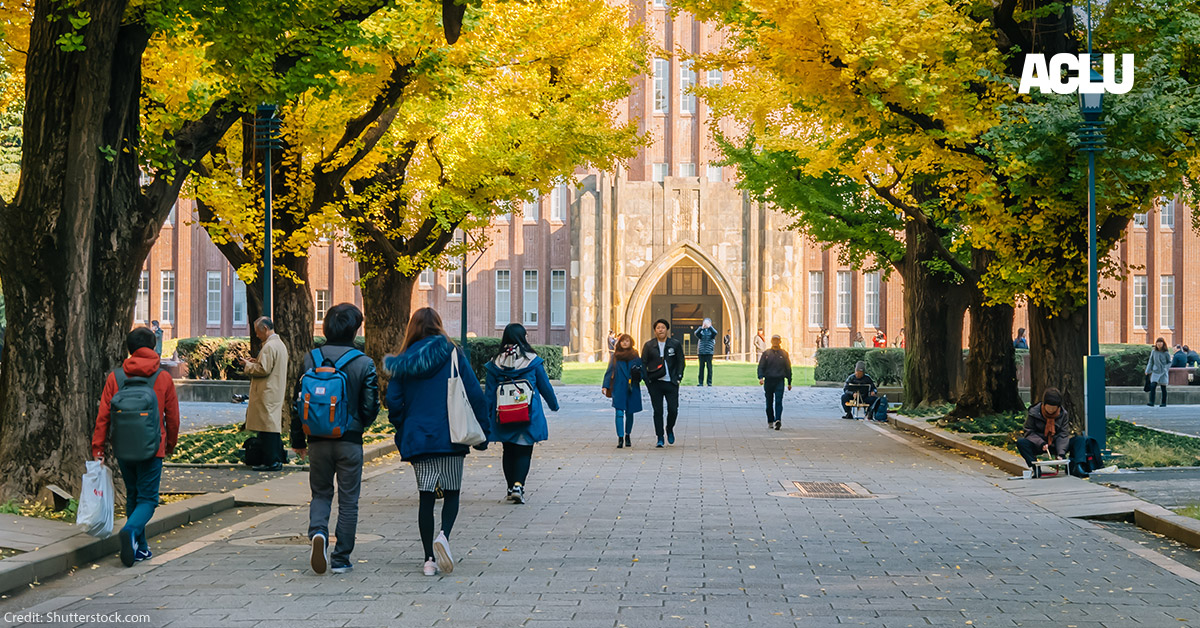By Andrea Flores, ACLU Deputy Director of Policy & Shaw Drake, ACLU Policy Counsel
In the past week, unidentified federal officers in camouflage fatigues, labeled only “police,” abducted people off the streets of Portland in unmarked vehicles and threatened the “Wall of Moms” standing up for our Constitution. The administration later confirmed the unidentified officers were Border Patrol agents.
This blatant demonstration of unconstitutional authoritarianism is demonstrating to the entire country the cruel capabilities of the U.S. Border Patrol. For communities that have historically borne the brunt of Border Patrol’s abuses — and still do — seeing these agents pose as a “secret federal police” force on the streets of Portland is no surprise. The Department of Homeland Security’s (DHS) Customs and Border Protection (CBP) agency, which includes Border Patrol, has been conducting secret, violent arrests of immigrants for years.
CBP is the largest federal law enforcement agency in the United States, with nearly 20,000 Border Patrol agents across the country. CBP, in fact, has the largest law enforcement air force in the world — roughly equivalent to the size of Brazil’s entire combat air force — including fleets of planes, helicopters, and Predator drones.
CBP and Border Patrol have expanded rapidly for almost 20 years, since CBP was relocated into the then-newly formed DHS. Fueled by unprecedented funding from Congress, Border Patrol’s abuses have grown increasingly violent and common. Their militarized over policing of border communities is deeply rooted in the nation’s history of over-policing of Black and Brown people.
At least 102 people have died as a result of encounters with Border Patrol in the last decade. Six of these deaths were caused by Border Patrol agents shooting across the border into Mexico — murders met with complete impunity. The agency also lacks basic accountability practices: No agent has ever been convicted of criminal wrongdoing while on duty, despite deaths in custody and uses of excessive, deadly force. Border Patrol agents engage in criminal activities outside their official duties at five times the rate of other law enforcement agencies’ officials. The agency’s discipline system is broken and agency leadership has not weeded out corrupt agents. As James Tomsheck, CBP’s former internal affairs chief, described the agency’s culture: It “goes out of its way to evade legal restraints” and is “clearly engineered to interfere with [oversight] efforts to hold the Border Patrol accountable.”
U.S. border communities have long understood the cruel capacity and impunity of this rogue agency. Witness El Paso, Texas. In the last month alone, a Border Patrol chase resulted in the deadliest crash in the city’s history, killing seven people, including four locals. In separate incidents also this month, a Border Patrol agent ran over a migrant with his vehicle and deported the survivor before local reporting exposed the incident, and Border Patrol found a woman dying at the base of President Trump’s border wall and side-stepped investigating or reporting her death. These grotesque examples are in addition to the thousands of children and families subjected to rape, kidnapping, or disappearance after being subjected to CBP’s unlawful asylum policies, or the horrors of Border Patrol’s systematic abuse of migrants in its custody.
While Border Patrol’s foundation of overreach and culture of cruelty predates President Trump, this administration has boasted that it took the proverbial “handcuffs” off the agency, fueling even more abuses and trampling the rights of migrants and border residents alike.
Since June, in response to nationwide protests against the murder of George Floyd, CBP deployed surveillance drones and helicopters over U.S. cities, including Buffalo, New York, Minneapolis, Miami, Chicago, and Philadelphia. CBP personnel flooded the streets of Washington, D.C. and other cities, with zero transparency around the agency’s mission, claimed authority, or any accountability for misconduct. As CBP officials cracked down on protesters in Portland, an internal DHS memo expressed the agency’s own concerns that CBP lacks the necessary training to respond to crowds or protests. Even with this knowledge, DHS has deployed these officers into our streets, with complete disregard for potential consequences.
Now, the administration appears poised to expand its deployment of federal forces to what it calls “Democrat-run cities” across the country, including 150 agents to Chicago this week, risking another unconstitutional nightmare of police violence. This is a mistake that could prove lethal.
This month, the House of Representatives took important first steps in cutting funding to CBP and other immigration enforcement agencies. But reining in the nation’s largest and least accountable law enforcement agency will require divestment from the nation’s massive border agency, and reinvestment in Black and Brown communities. Just this week, DHS announced it is transferring funds, allocated for accountability measures, to pay for a surge in unaccountable CBP staffing and paychecks. This is unacceptable and dangerous. We must collectively dismantle the systems of racism and xenophobia that have allowed Border Patrol — with its bloated budget, overbroad authority, and staff of unaccountable agents — to terrorize and kidnap protesters from the streets of Portland and undermine the civil rights and liberties of all American communities, near and far from the border.



